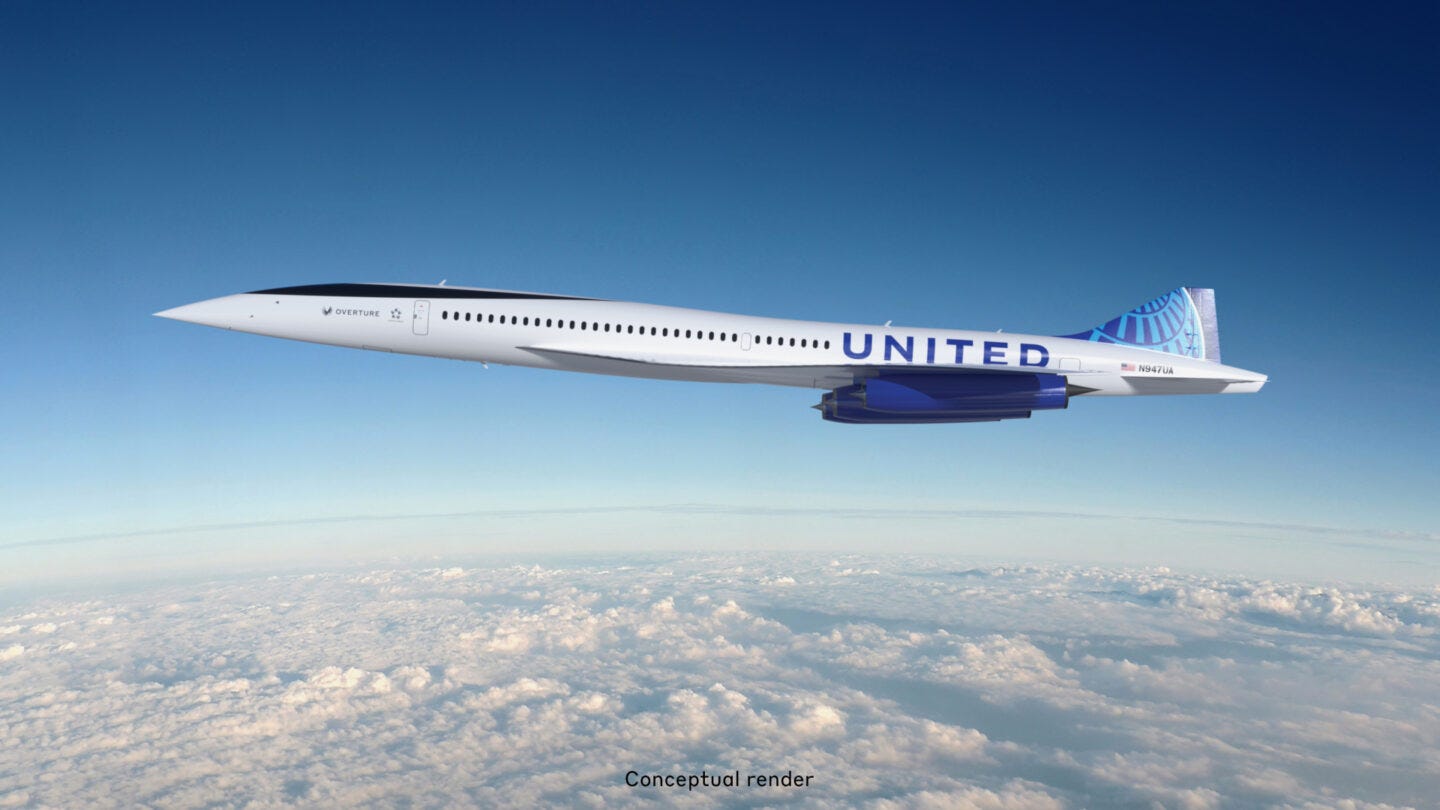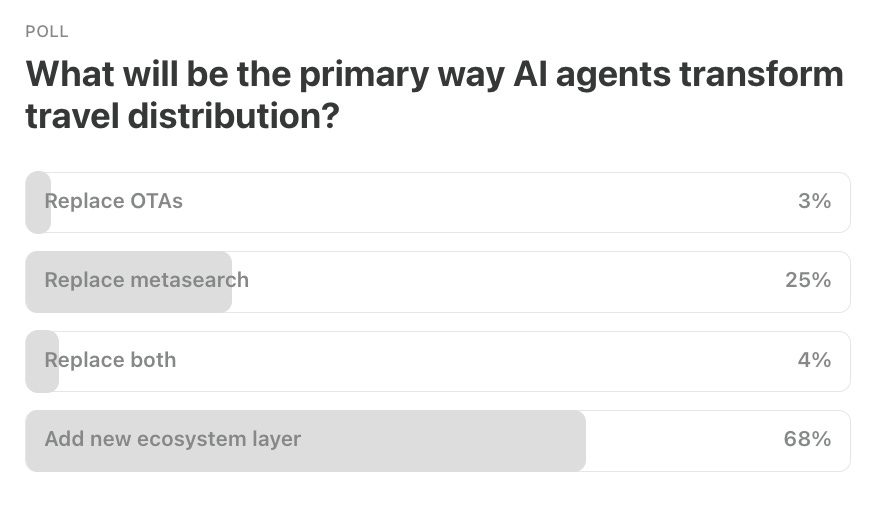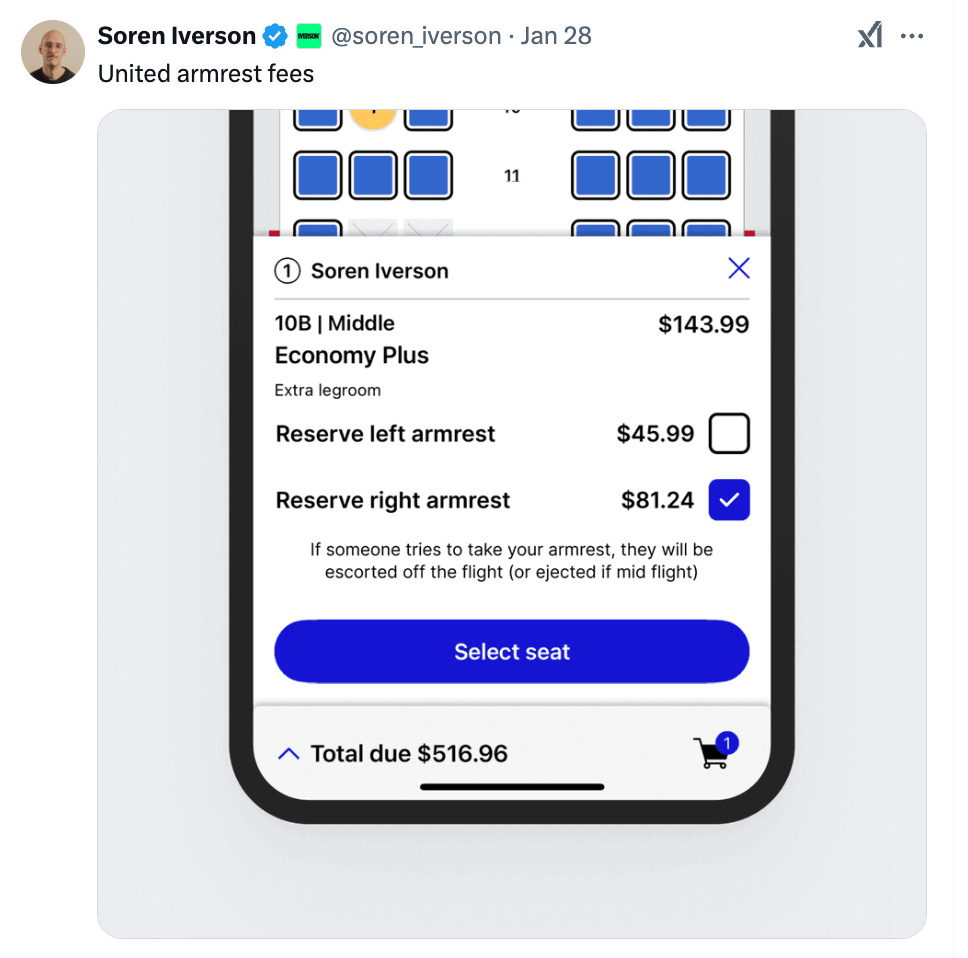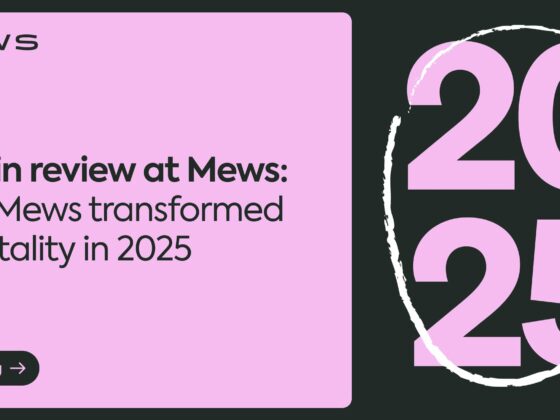Einstein said that the five levels of cognitive prowess, in ascending order, were: smart, intelligent, brilliant, genius, and simple. AI may surpass us in computational genius, but human mastery lies in finding simplicity.
As Packy McCormick notes later in this newsletter, progress is about making once-rare things common. Those who win spot what’s becoming a commodity and what will remain precious. While certain human abilities may become commoditized by machines, humans themselves and our essential human qualities (creativity, judgment, empathy…) cannot. This edition explores what remains uniquely human as AI capabilities expand.
Thanks to Propellic for sponsoring this edition of the newsletter:
The latest episode of Propellic’s Travel Marketing Compass Podcast features Leigh Barnes, incoming President for the Americas at Intrepid Travel, and Brennen Bliss, founder of Propellic. They discuss Intrepid’s marketing strategies, how to connect with modern travelers, and how to stay ahead in a changing industry. Tune in for valuable insights that could transform your approach in 2025 and beyond: Travel Marketing Compass Podcast
1. A Crystal Ball Isn’t Enough
An experiment gave 118 finance pros a hypothetical $1 million and tomorrow’s Wall Street Journal front page to trade stocks and bonds. Half of the professional investors lost money, and some went broke. Even knowing tomorrow’s headlines, they only guessed market moves right 51.5% of the time, with an average gain of just 3.2%. Among 1,500 online players, results were worse: median loss of 30%, with 36% going bankrupt. Read + Elm.
I played online and lucked into a hypothetical $105k gain (10.5% gain) with 57% winning trades. My biggest win came from a mistake where I clicked “long” instead of “short” (it turned out “long” was right). You can try it here.
When someone says they can predict travel trends with certainty, remember that knowing what will happen is just step one. How you act on that information is what really counts.
2. Supersonic 2.0
The XB-1 demonstrator aircraft from Boom Supersonic broke the sound barrier three times during its 33-minute test flight on January 28, marking the first civilian jet to break the Mach 1 sound barrier since the Concorde. The company’s Overture aircraft aims to fly 65-80 passengers at Mach 1.7, twice today’s commercial speeds, making it possible to fly from Los Angeles to Honolulu in 3 hours or London to Washington DC in 4 hours. Boom Overture has already secured 130 orders and pre-orders from American Airlines, Japan Airlines and United Airlines.
But commercial success may be trickier. Airlines operating mixed supersonic and multi-class subsonic fleets will need new pricing strategies, a challenge Concorde never fully solved. The previous generation defaulted to ultra-luxury pricing, 20% above first class. Blake Scholl, founder of Boom Supersonic, believes there could be a market for 1,000 economically viable supersonic jets serving business-hub routes with passengers “paying standard, affordable business-class fares,” a significant shift that could reshape premium air travel economics. Read + Runway Girl
3. Back to Text
As I wrote in my last newsletter, we could be heading to two types of web design: one built for AI efficiency (like booking flights) and another for human experience (entertainment, social). Tomasz Tunguz tested an open-source AI agent for booking flights. In this video, the agent navigates through popups, makes mistakes by clicking on SEO-optimized links, backtracks, and eventually extracts the needed flight data. After two decades of building complex websites for humans, we may see a return to pure text, but for AI agents, because AI thrives on simplicity. Microsoft recently released a library to convert all kinds of documents to AI-friendly text. Read + Tomasz Tunguz.
“The better the AI performs, the fewer websites I’ll visit. What if the future of the web is exactly how it started: pure text websites? But text for robots, not text for humans” — Tomasz Tunguz
4. OpenAI’s Operator
As you know, OpenAI recently announced Operator, an AI agent that can perform online tasks directly through browsers with no special APIs needed. Early travel partners include Booking.com, TripAdvisor, Hipcamp, and Priceline. The tool uses the same interfaces humans do to book flights, accommodations, and experiences. Currently available to US ChatGPT Pro users ($200/month), Operator is built to handle multiple bookings simultaneously while letting users take control for payments and CAPTCHA. Read + MIT Technology Review.
Sounds like Screen Scraping 2.0. Somewhere in Dublin, I imagine Ryanair’s legal team already drafting its next battle plan over unauthorized screen scraping of its website.
5. The Power of Mail
Rory Sutherland notes something that can puzzle efficiency-minded people: physical direct mail still works remarkably well and outperforms many other customer acquisition channels. Its rarity has become its strength. Direct mail creates urgency through its perceived scarcity and signals investment in the customer relationship. Read + Rory Sutherland.
For travel companies fixated on digital channels, there’s a contrarian opportunity here. Since direct mail is counter-cultural, most competitors won’t copy you. Sometimes the “inefficient” choice can be strategically smart.
6. Flight UX and Pricing
Made for Mars shows how flight booking UX uses psychology to influence pricing. The first search may take 9-11 clicks, but returning users need just one, building brand loyalty over multiple sessions. Loading screens aren’t just for show…they remind users of the effort being done (crawling hundreds of airlines, searching for deals), making the service feel more valuable. Their analysis also contrasts this with Expedia’s ChatGPT interface, which suggests pricier flights with layovers. Current AI might find flights, but well-designed interfaces make us more confident in our choices and more willing to pay for them (for now).
7. Humans Design, AI Computes
Packy McCormick offers a broader perspective on the human-AI dynamic: as AI commoditizes skills like computation, uniquely human traits become more precious. Just as Einstein needed Grossmann’s mathematical expertise to develop relativity theory, today’s innovators can use AI to handle complex calculations while focusing on breakthrough insights. Read + Not Boring.
The history of progress is the continued commoditization of once-scarce things. Commoditization is the mechanism of compounding […] Its biggest beneficiaries are those who recognize what’s becoming commoditized and what will become either possible or precious as a result […] Humans are not being commoditized. Certain things that we thought only we could do are. — Packy McCormick
In the example of a flight search, AI can compare thousands of prices, but humans can excel (again…for now) at understanding the subtle tradeoffs between cost, comfort, and convenience.
This aligns with what you told me in the last newsletter’s poll, where 68% of you believe that AI agents will add a new ecosystem layer rather than replace existing players. For travel companies, this suggests focusing on uniquely human elements (designing delightful experiences, anticipating unstated customer needs, etc…)while using AI to handle the heavy lifting of data processing and analysis.
8. How Booking.com uses location context to boost conversions
Aligned with our discussion about UX and human-centered design, Alexis Batlle (founder of AVUXI) analyzes how Booking.com builds trust through location data. While others just pin hotels on maps, Booking layers information: numerical scores, guest reviews, precise distances (“150m from beach”), and neighborhood insights. Most travelers seem to care: 70% of reviews start by mentioning location. This shows intelligent human design at work; location context isn’t just data points but a series of subtle cues that should make us confident in our booking decisions. Read + AVUXI
9. Interface and Distribution > Model
DeepSeek’s launch triggered an interesting observation from Greg Isenberg. Just weeks ago, “GPT wrapper” startups were dismissed as low-value and unsustainable. But as more players (DeepSeek, Meta, Anthropic, Microsoft) battle over model performance, wrapper companies might be quietly building what matters most: interface loyalty. Just as AWS made servers a commodity (enabling Airbnb and Uber), AI models are becoming commoditized. The winners won’t be those with the best models but those who build the simplest interfaces for specific problems. Success may come not from having proprietary AI, but from creating interfaces that become users’ default way to plan and book travel. Read + Greg Isenberg.
10. Coming soon: Premium Armrest Access™
Spotted on Twitter: an airline mockup offering middle seat passengers the option to “unlock both armrests” for $120. We’re not there yet… but give it time. Some airlines might be paying attention.
Travel Tech Essentialist Job Board
→ Explore all 1,169 open travel tech roles on the Travel Tech Essentialist Job Board now.
-
Gimonix | Customer Success Manager | Tel Aviv, Israel
-
Travel Collection | Head of Business Development | Remote | $110,000-130,000
-
Oversee | Director of Sales | Remote | $200,000-$265,000 (On Target Eearnings)
-
Tukio Booking | Growth Hacker | Remote
-
Xeni | Sr. Product Manager | Chennai, India
-
Fora | General Manager, Groups | New York City | $110,000 – $130,000
💼 Employers: If you want to list your jobs here, complete this quick form
📩 For monthly updates on the latest roles, subscribe to the Travel Tech Jobs newsletter
Are you fundraising?
If you are a startup looking to raise a round (from pre-seed to Series D), I can help (for free). Travel Investor Network is a private platform where I recommend innovative travel startups to investors and innovators. If you’re interested, please start by completing this form.
Travel Tech Essentialist Newsletter Sponsorship Opportunities
Reach a focused audience of travel tech professionals by sponsoring the Travel Tech Essentialist newsletter. If you’re interested, please complete this form to learn more.
If you like Travel Tech Essentialist, please consider sharing it with your friends or colleagues. If you’re not yet subscribed, join us here:
And, as always, thanks for trusting me with your inbox.
Mauricio Prieto
















